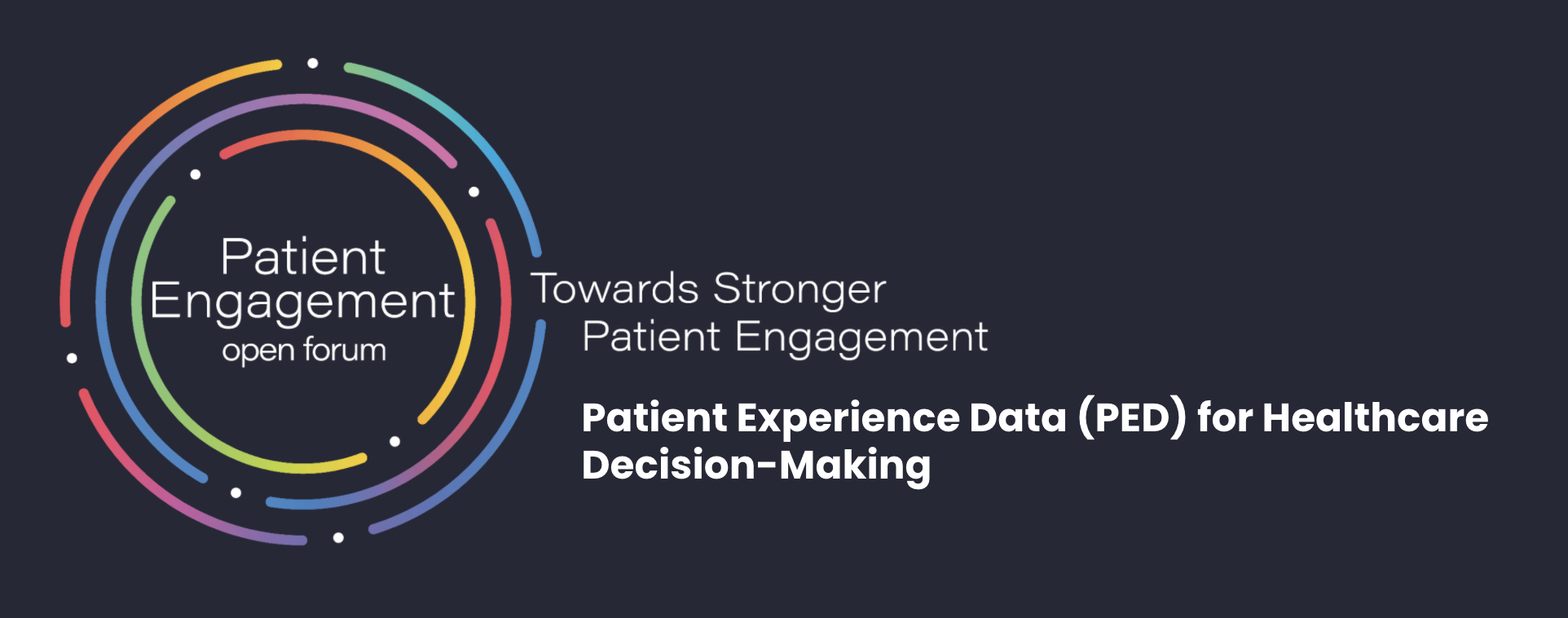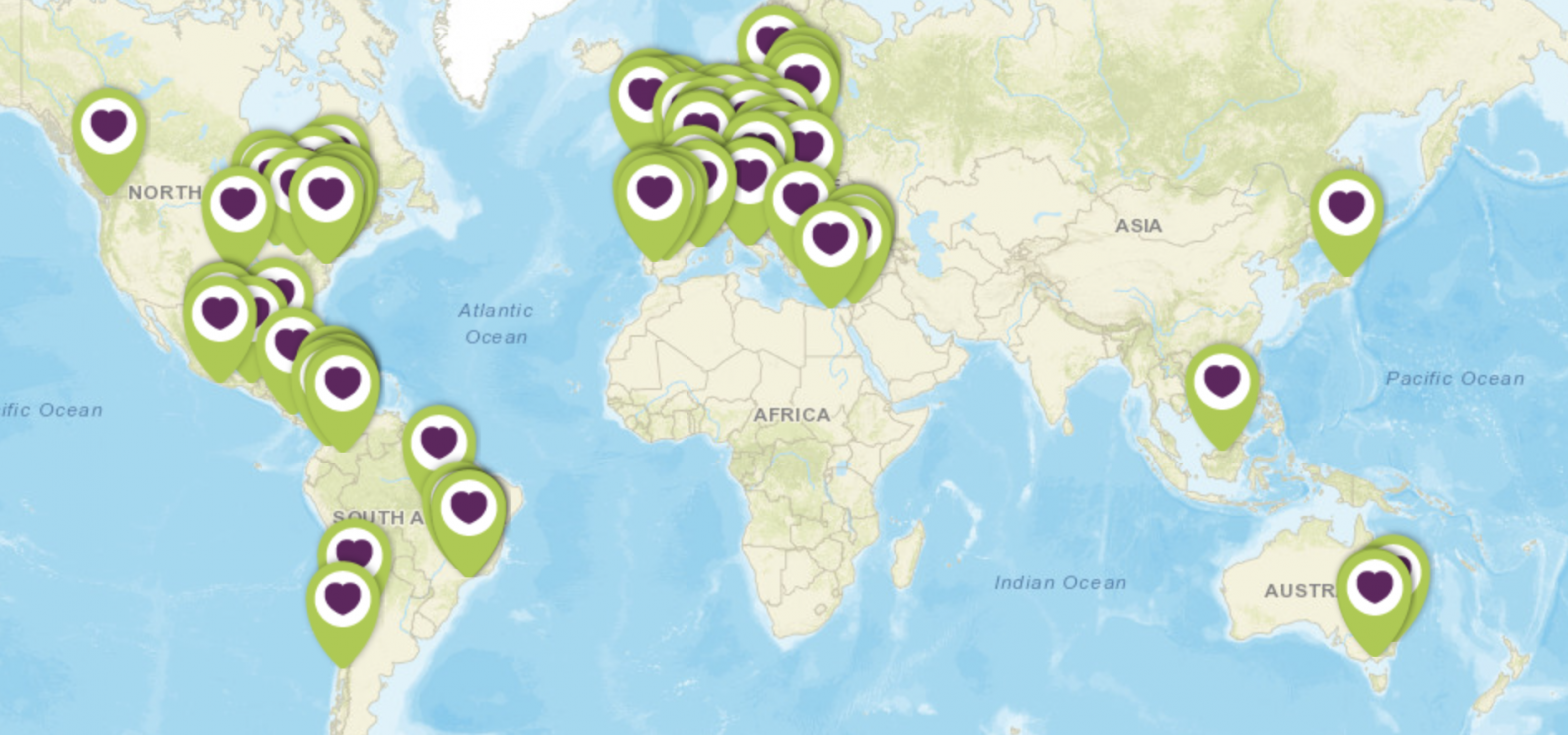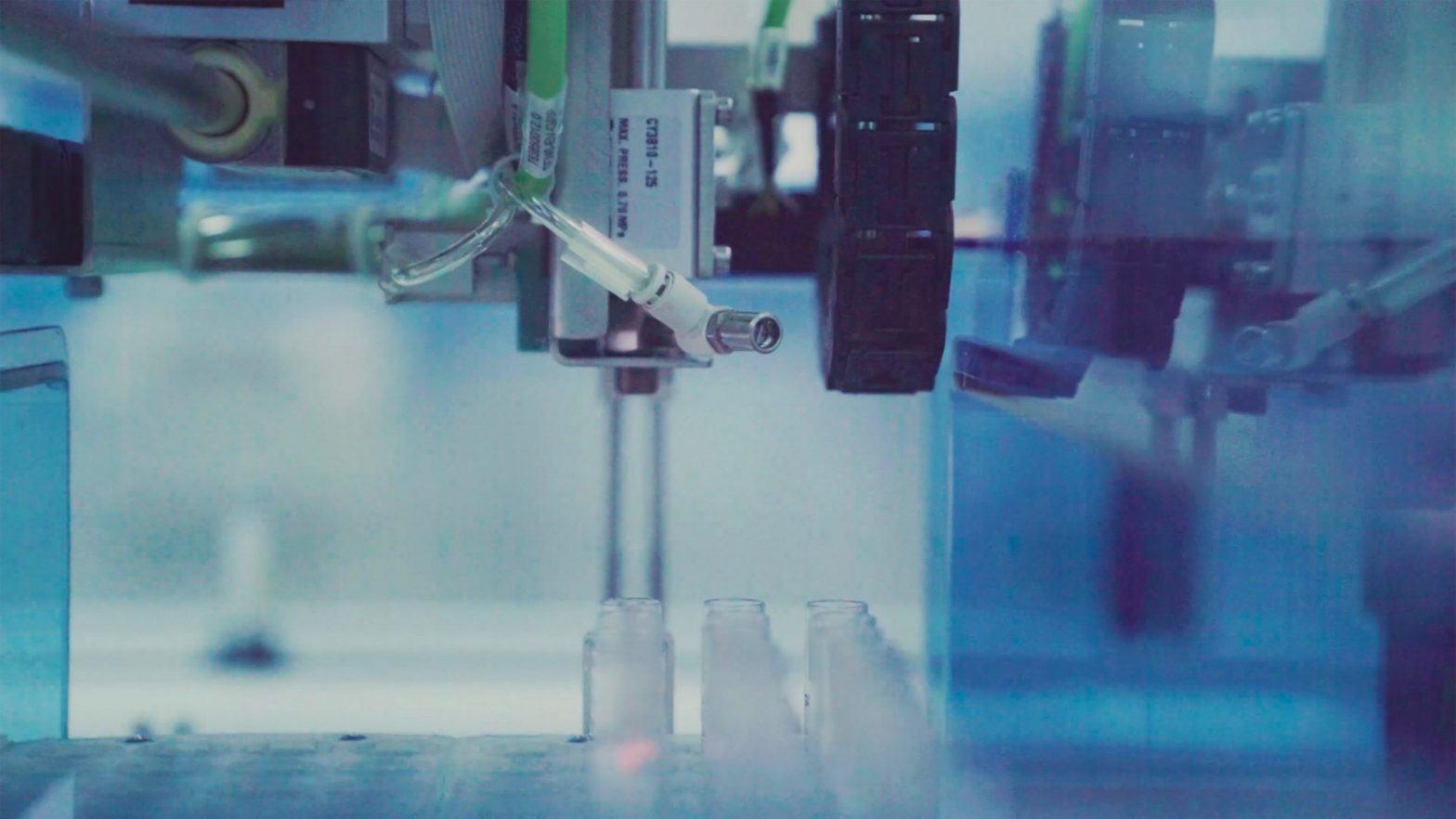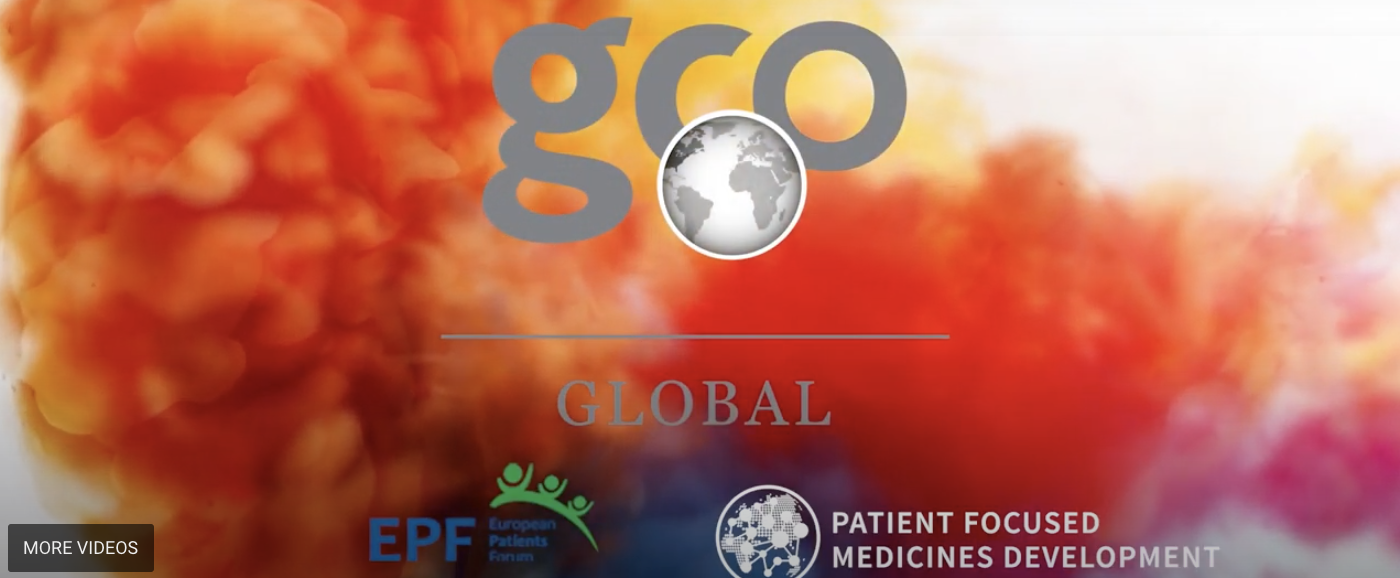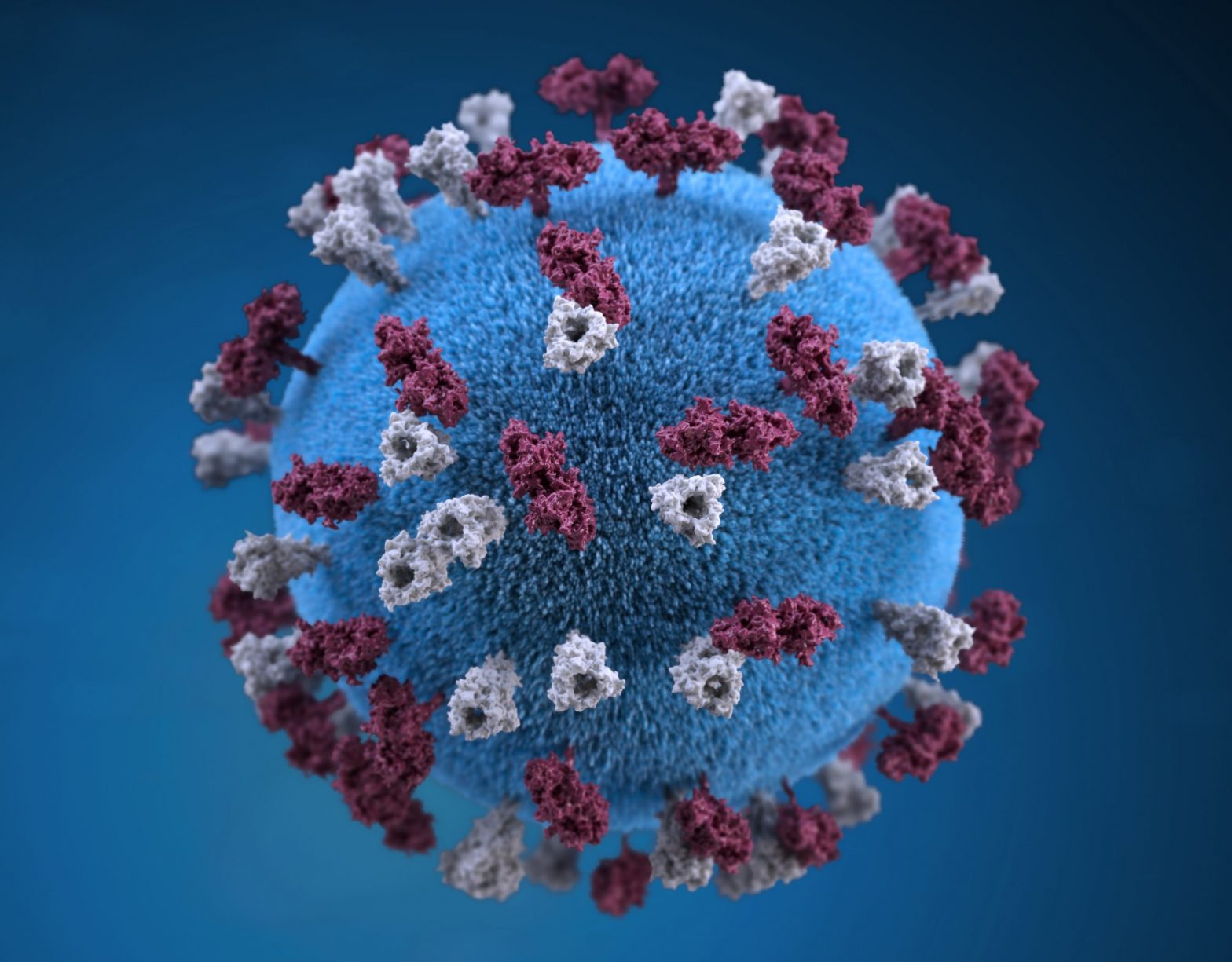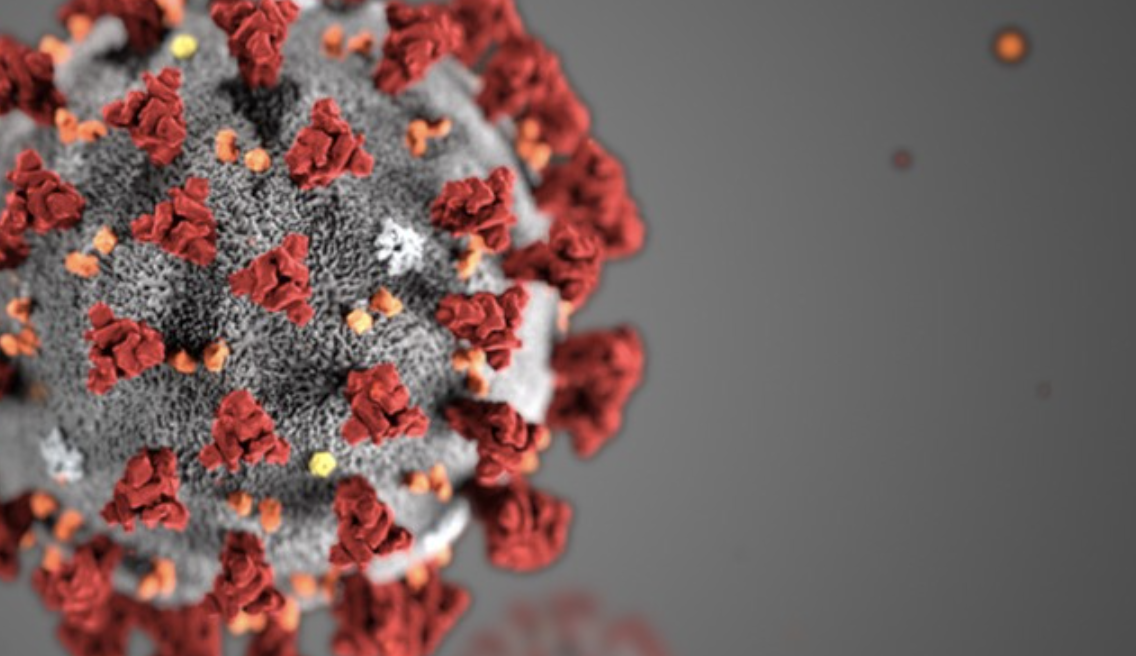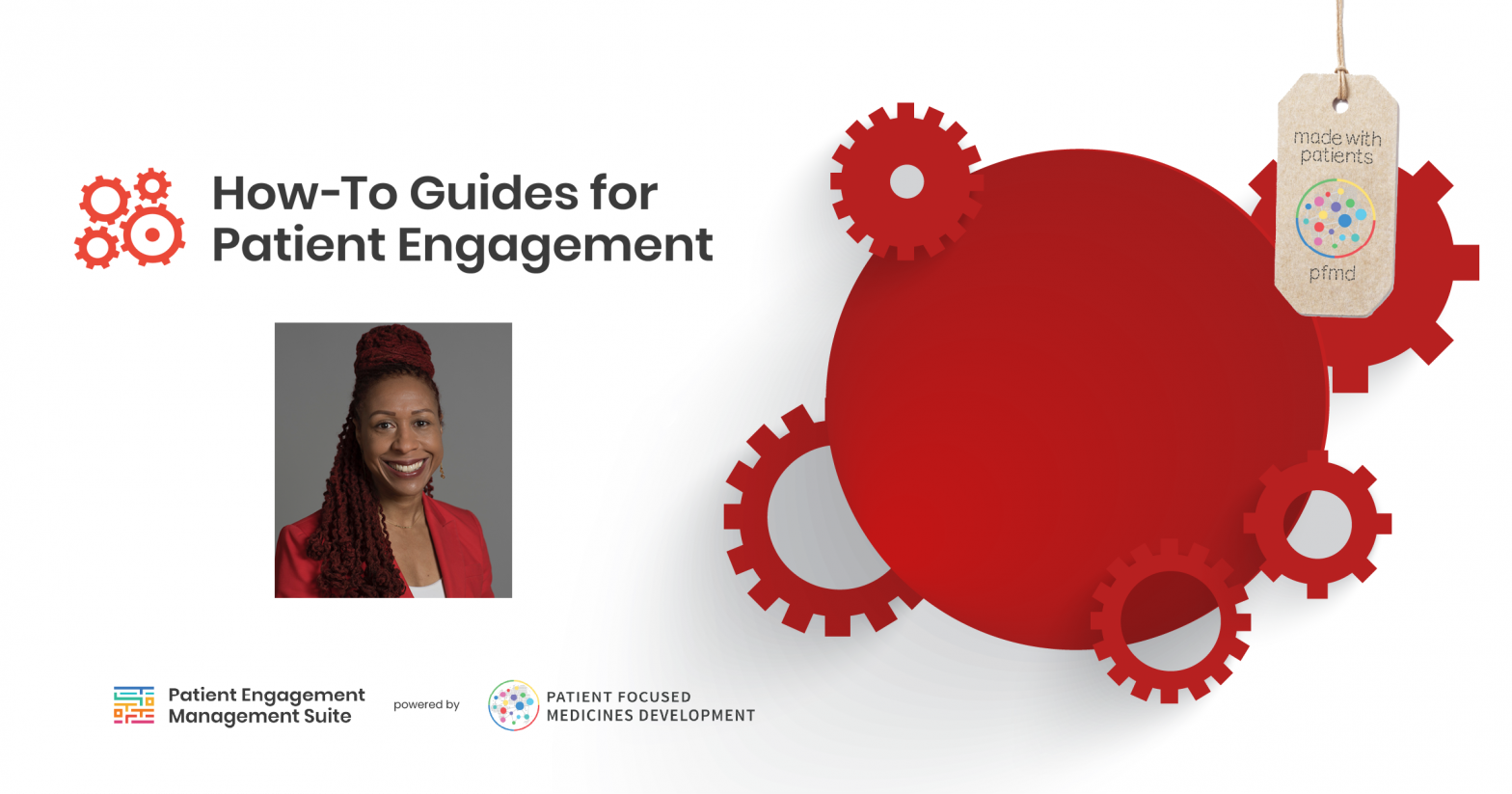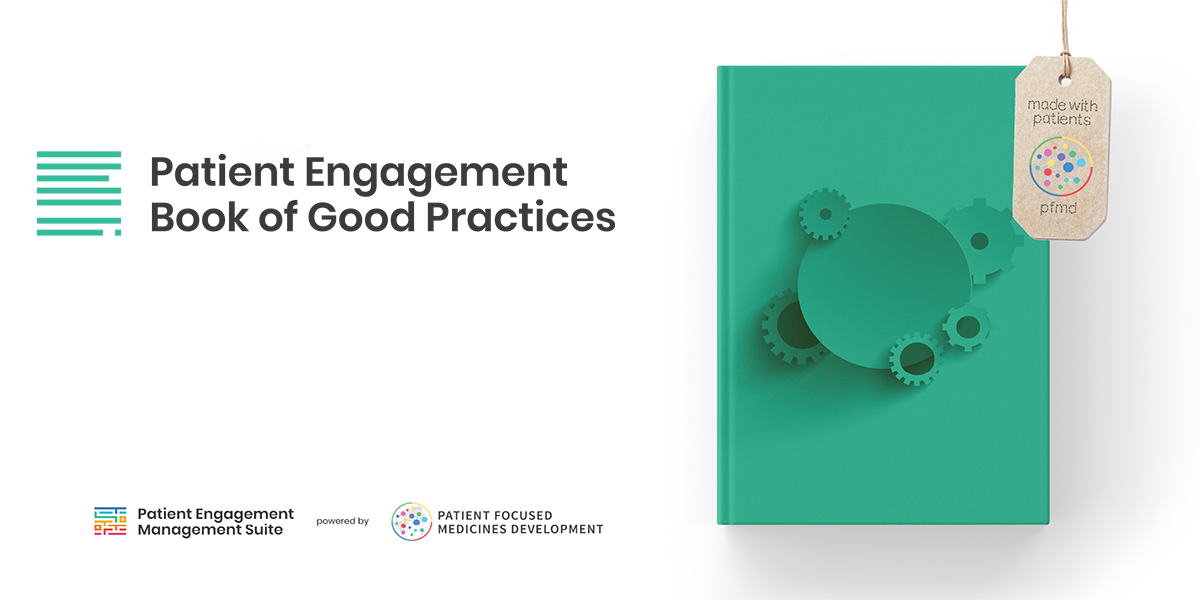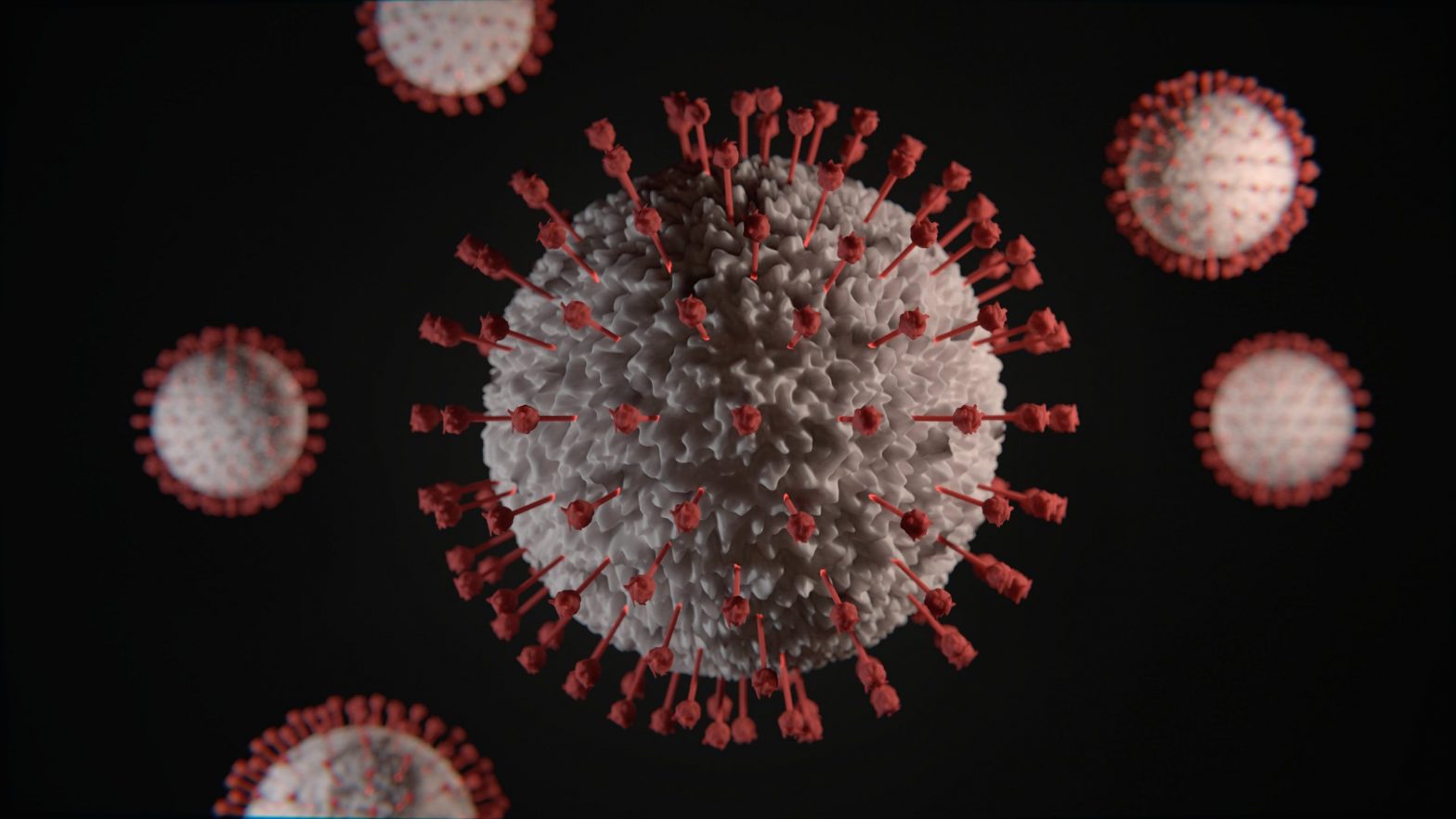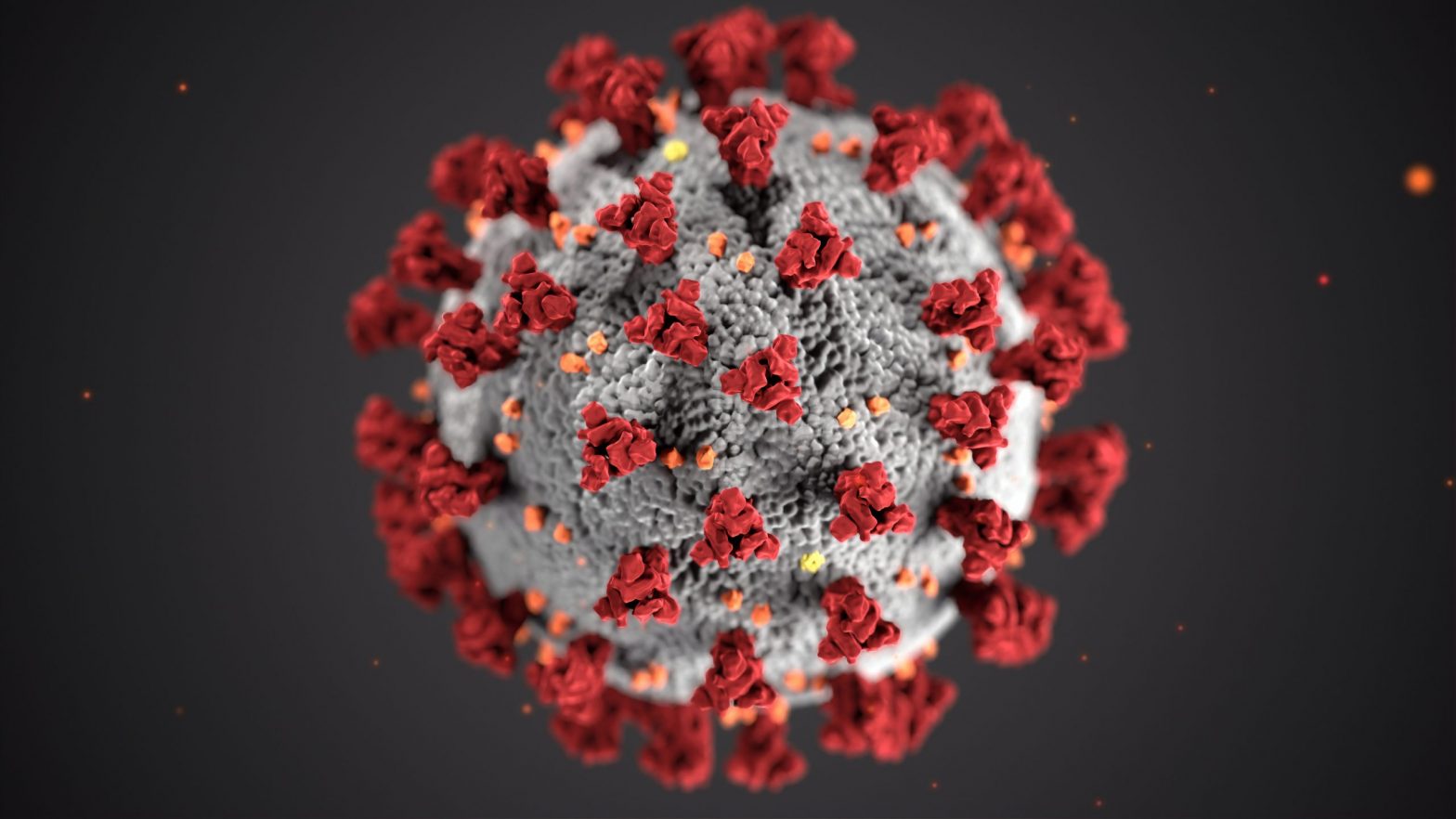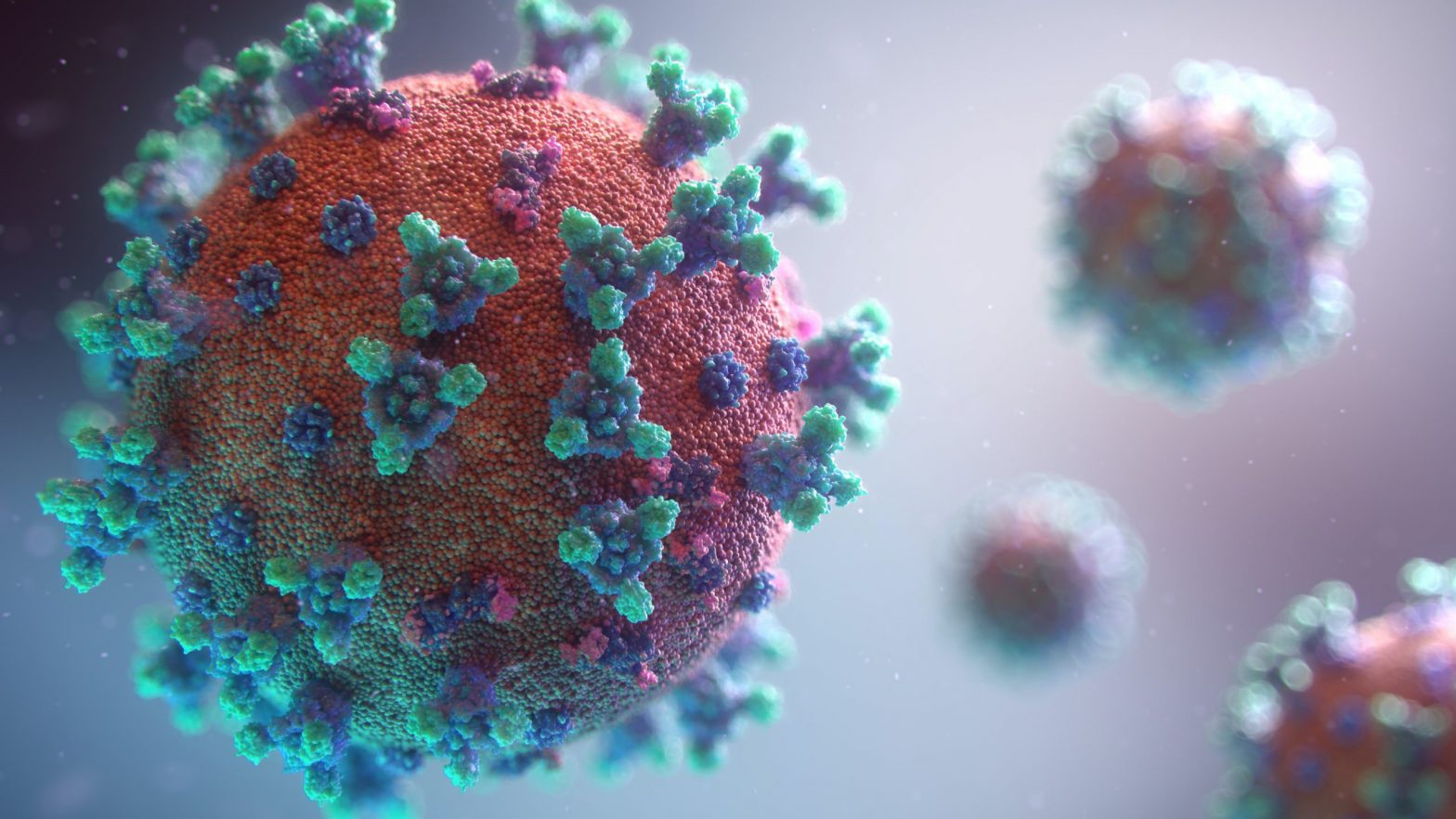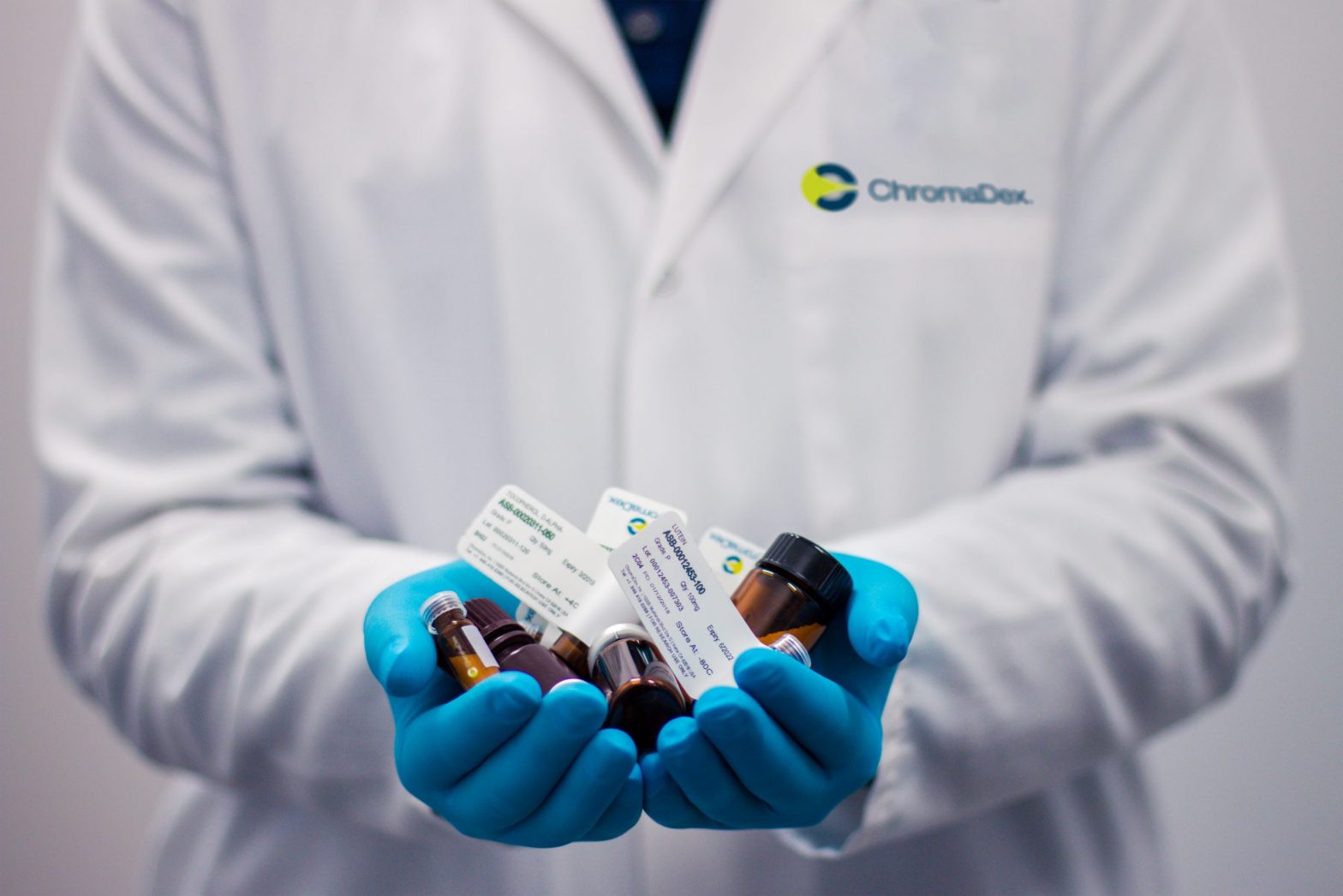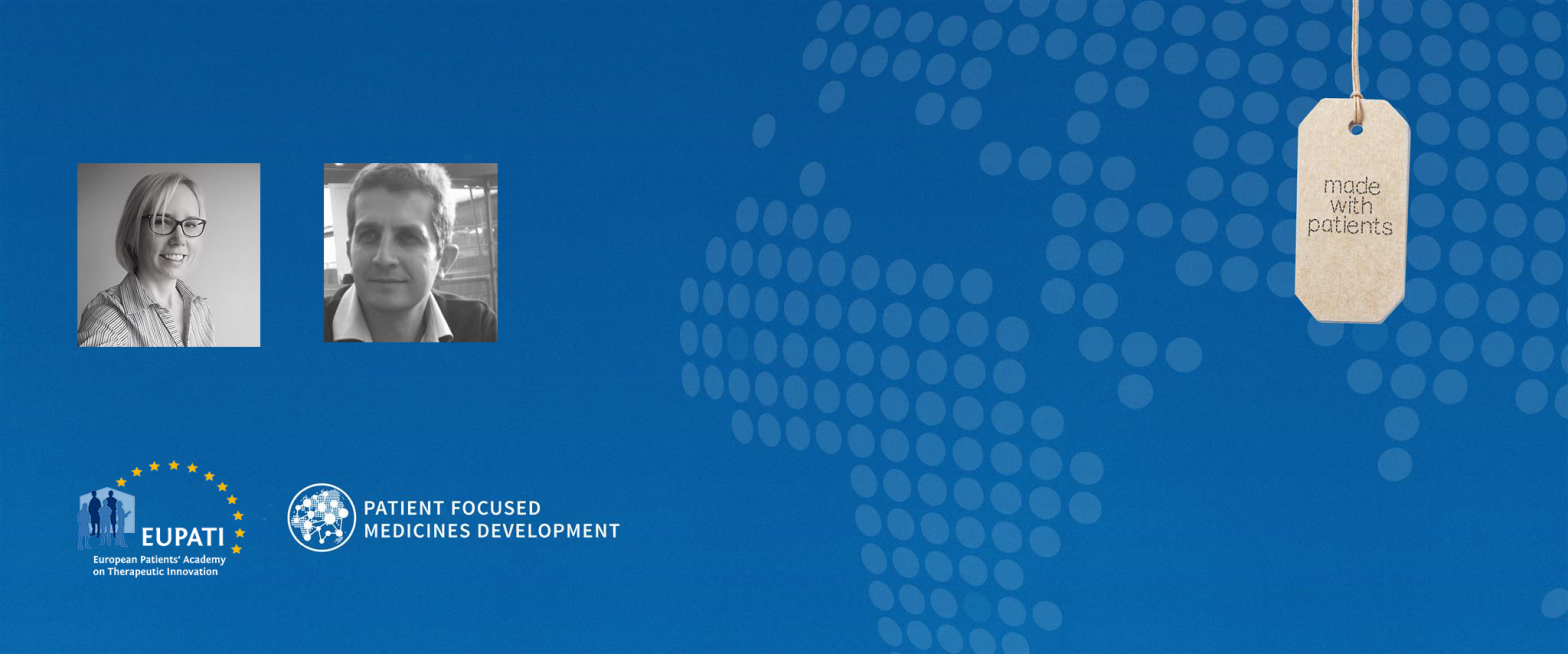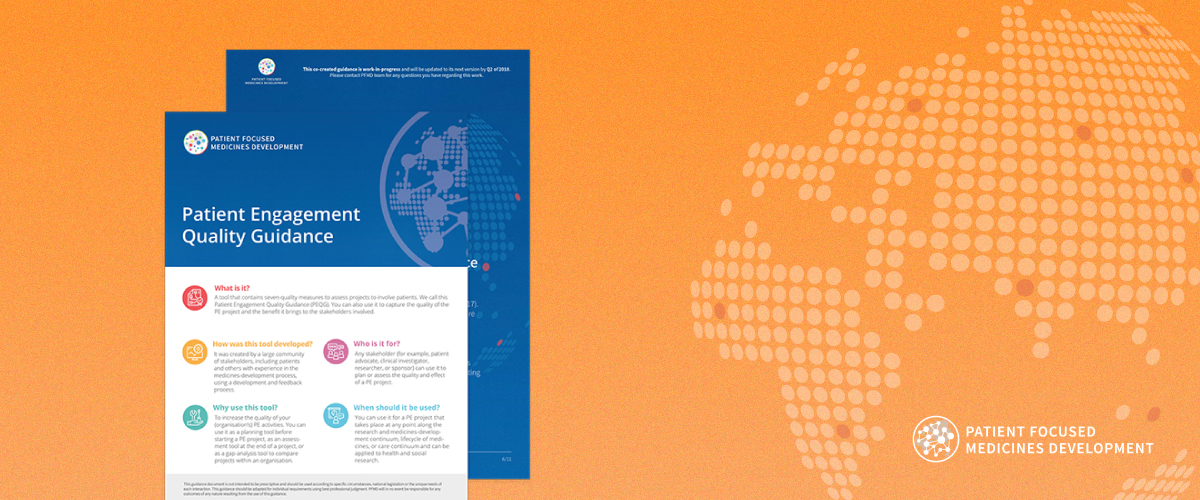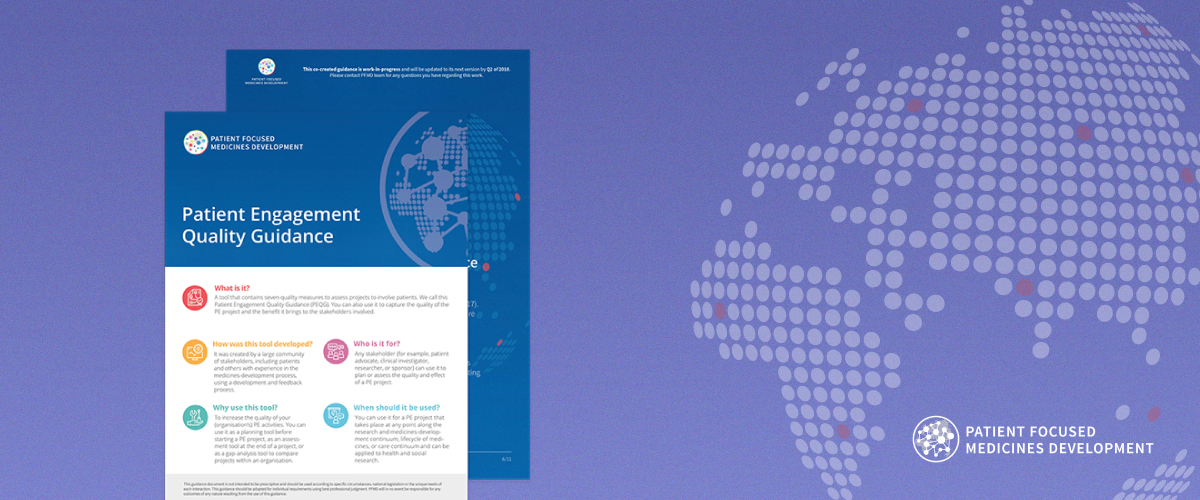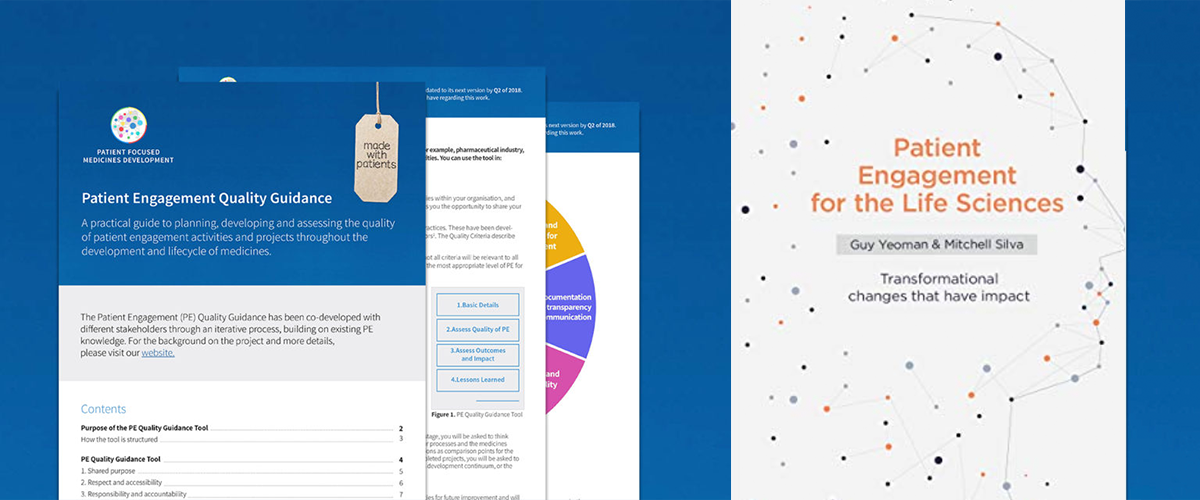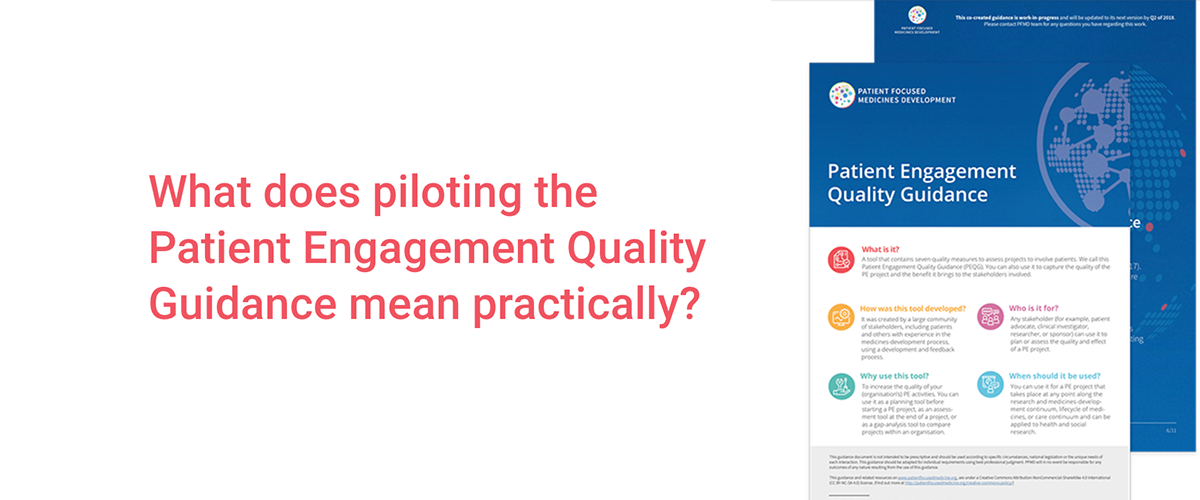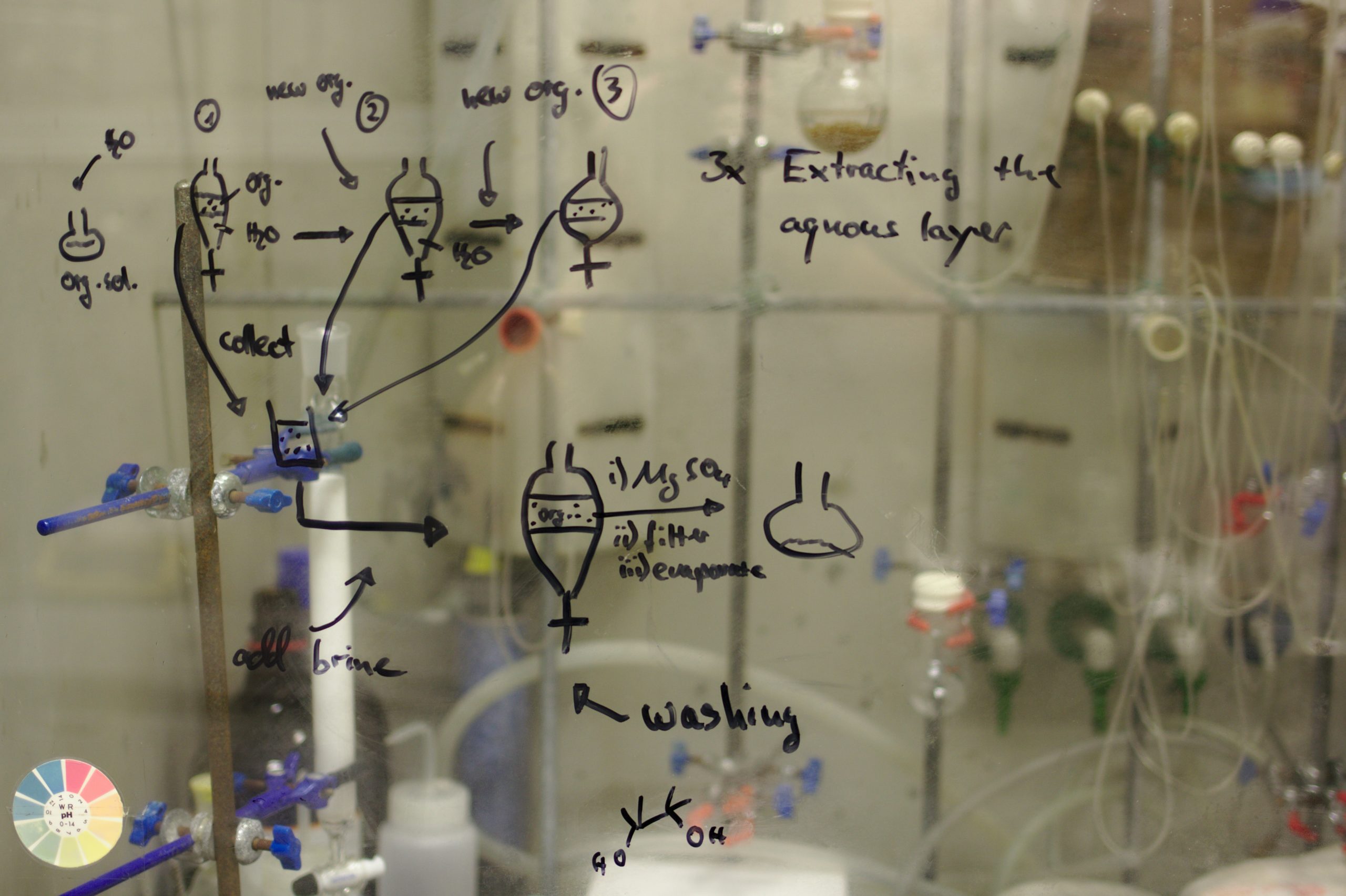In normal times, people living with rare diseases face particular challenges in securing a diagnosis and accessing services. The COVID-19 outbreak has made matters much worse, according to a comprehensive survey of patients
The vast majority of people in Europe with rare diseases have experienced some sort of disruption of their care due to the COVID-19 crisis. That is among the stark findings of a multi-country study conducted by EURORDIS, the voice of rare disease patients in Europe.
Almost 7,000 people replied to the survey. Some 84% of the respondents said they had suffered disruption in services, while 64% are concerned the pandemic will have a negative impact on their health. A significant minority (30%) said the results of missing appointments could be life-threatening.
Among those who reported a disruption of care, six in 10 were unable to access diagnostic tests while six in 10 were unable to receive therapies such as chemotherapies or infusions. Six in 10 also reported having their surgery or transplant postponed or cancelled.
Overall, the pandemic has exacerbated the challenges facing a patient community that already faces major hurdles in accessing services. Families spend years on a ‘diagnostic odyssey’ in search of an explanation – and treatment plan – for an illness most doctors have never seen. For those with a diagnosis, there are often no treatments available. COVID-19 has added to the stress and anxiety associated with rare diseases.
‘People living with rare diseases in Europe have found themselves caught as collateral damage of the COVID-19 pandemic, facing interruptions to their care that could be life-threatening,’ said Yann Le Cam, Chief Executive Officer, EURORDIS-Rare Diseases Europe. ‘The risk of exacerbating inequalities that already exist for these patients is very real.’
During the first wave of the pandemic, EURORDIS published an open letter setting out a detailed list of recommendations. It focused on the need to safeguard continuity of care, as well as protocols that accounted for the complex needs of rare disease patients. The positive role of virtual consultations and connecting patients with healthcare providers was also highlighted, along with proposals designed to ensure rare disease research can be restarted as soon as possible, possibly via what is coming to be known as decentralised clinical studies.
Le Cam noted that the second wave of COVID-19 across Europe suggests the impact of the pandemic could impact services for an even longer period. ‘That means that governments and healthcare systems have to move away from a fire-fighting approach, and work towards building more sustainable and resilient healthcare systems that do not forget the needs of the most vulnerable in the cloud of COVID-19,’ he said. ‘We need sustainable healthcare systems that leave no one behind – including the 30 million people living with a rare disease in Europe.’
Protecting rare diseases in the COVID-19 era
Eurordis policy recommendations to improve care during the pandemic:
- Safeguard the continuity of care and access to medical consultation for people living with a rare disease by directing funds and efforts towards healthcare systems to reinforce medical workforce and equipment
- Adopt concrete measures/protocols warranted by the complex needs of rare disease patients in the provision of emergency healthcare
- Provide minimum support service and personal assistance service for vulnerable populations, including people living with a rare disease
- Encourage and facilitate practices like virtual consultations (telemedicine) or the administration of certain therapies in the home setting
- Waive rare diseases patients, and parents and caregivers of rare disease patients (adult or child) from requirements to return to school, university or the office if/when remote learning and working is possible











